Sometimes it feels like we’re all going somewhere in a handbasket, and very fast. Bad things are happening all over the world, and some of them are really tragic. It’s enough to drive you to drink.
But what if you could actually do some good by drinking wine? What if by buying a bottle or two, you could contribute, even just a little, to alleviating some suffering, helping recover from a disaster, or supporting people that definitely need your support?
Of course, buying wine is no substitute for simply giving money to organizations such as the International Committee of the Red Cross, Doctors Without Borders, World Central Kitchen, the Center for Disaster Philanthropy, or other NGOs that provide the most immediate and desperately needed help when the sh*t really hits the fan.
But once you’ve done that, and you want to keep helping by buying wine, here’s where you should look, listed in no particular order of priority.
Itata and Maule, Chile (Fires)
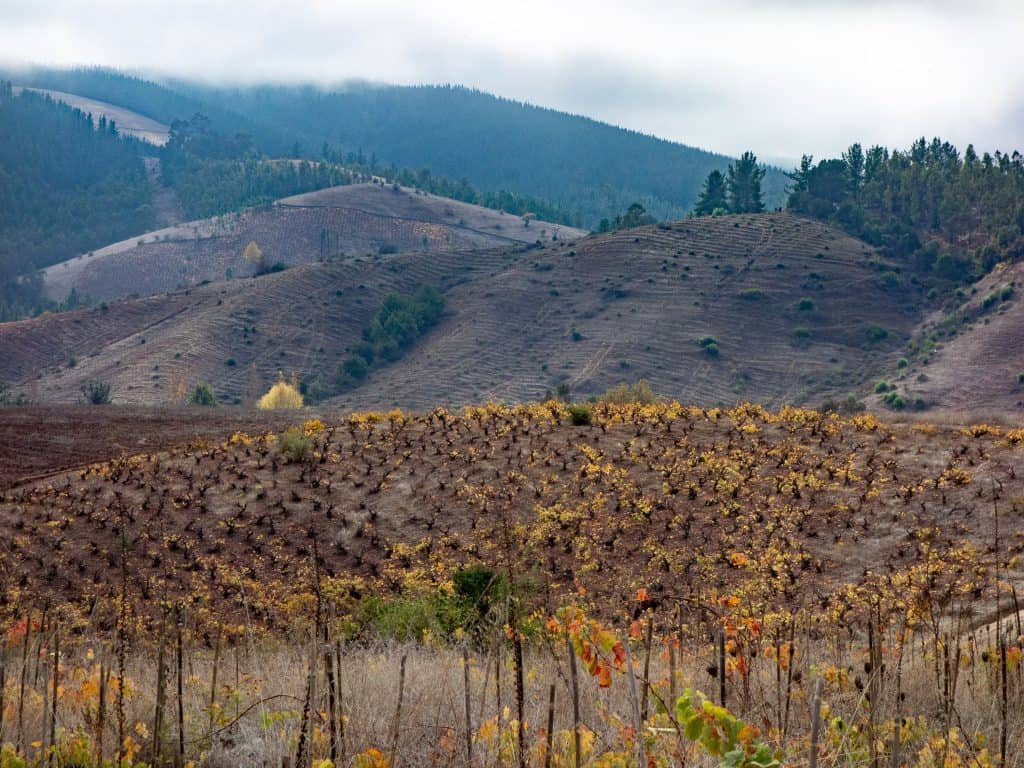
I visited the Itata and Maule wine regions a couple of years ago, and was incredibly impressed at the wealth of old vine Cinsault, Pais, Grenache, and other varieties that are tended with great care by literally thousands of small farmers.
Except now it’s burning to a crisp. Massive wildfires in the region have consumed more than 1 million acres, killed 25 people, and destroyed more than 2000 homes, according to reports that I’ve read.
Reports are still coming in, but at least 500 acres of old vines have been destroyed, and many thousands more ruined by smoke.
Because this is a very rural region, populated almost entirely by tiny producers and growers, losses are likely to be much more impactful than they would be for a region where large wineries (properly insured and capitalized) might suffer losses. Many thousands of people’s livelihoods have been wiped out for a season
If you’d like to contribute directly, a GoFundMe has been set up for that purpose by the Wines of Chile organization.
Otherwise, shop for some wines from Itata, or some wines from Maule. Look for Cinsault, Carignan, and of course, País.
Hawke’s Bay, New Zealand (Cyclone/Flooding)
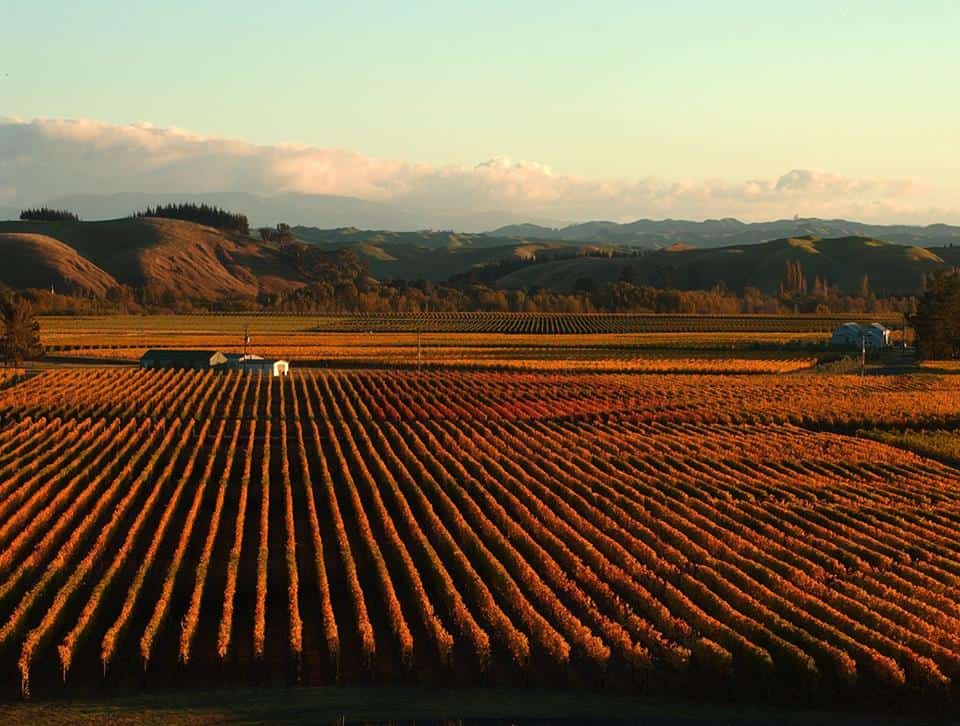
The North Island of New Zealand just got absolutely clobbered by Cyclone Gabrielle, which killed 11 people, forced thousands from their homes, and in a massive deluge flooded nearly 20% of the region’s vineyards just as harvest was beginning to approach.
The Hawkes Bay region as a whole, threaded as it is with several rivers, was positively inundated, as rivers deposited fine silt up to six feet deep in some vineyards, wineries, and homes.
The region has understandably struggled with the harvest, as gloomy soggy weather has made getting ripe grapes to press a challenge. The harvest is not entirely lost, but it will go down as one of the more challenging in recent memory, and that’s before all the logistics and infrastructure issues that linger due to the cyclone.
Luckily the effects of the cyclone were quite local, and so much of New Zealand will have a fine harvest this season.
Buying Hawkes Bay wines will definitely help the wine industry there with its recovery. Look for Cabernet-based red blends, Merlot, and Syrahs in particular. And if you’d like to give more directly to people in need, I suggest donating to the relief fund set up for this purpose.
Turkey (Earthquake)
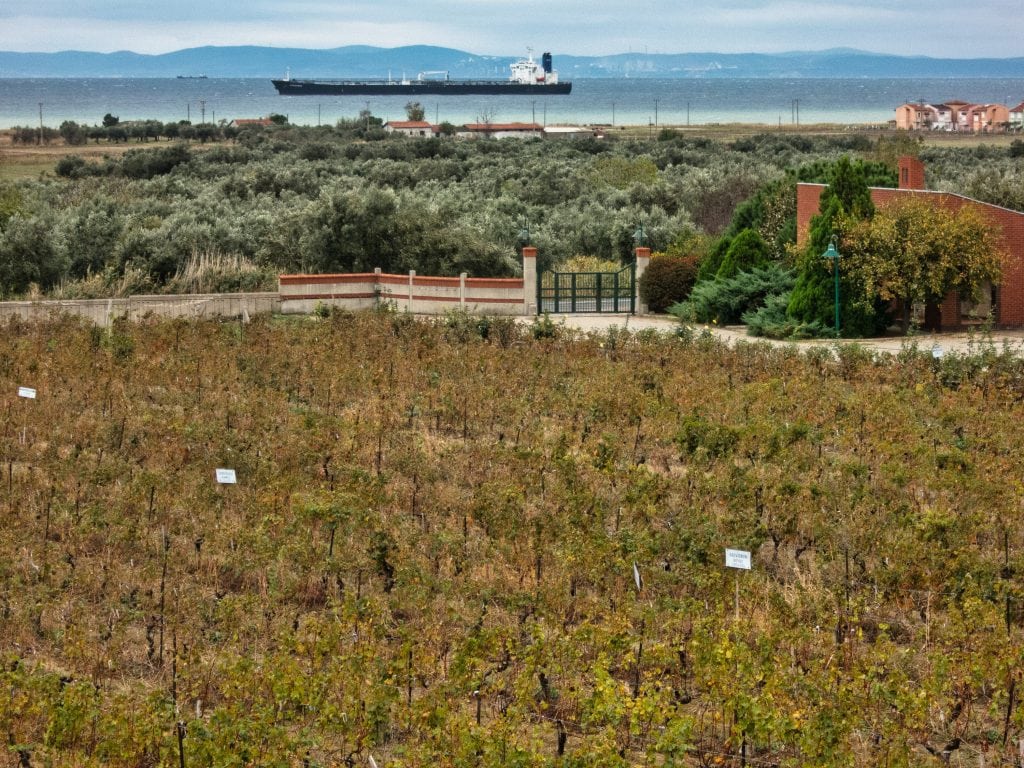
No one needs to be told of the utter devastation that has befallen Turkey in the wake of the series of earthquakes that struck the country (and Syria) on February 6th and then again on February 20th.
To be honest, the wine industry isn’t where the suffering is most acute in Turkey right now, and your money will have a much greater impact with some of the organizations I’ve listed above.
However, the wine industry in Turkey needed support even before the earthquakes, thanks to an increasingly hard-line, anti-alcohol government that seems intent on suppressing the wine industry on religious grounds.
Turkish wine, when good, is fantastic. It’s a country with a long and storied history of wine production, and a number of truly excellent native grape varieties that make positively delightful wines. I loves me some Kalecik Karasi, in particular.
So you can add a little money to the Turkish economy and support a wine industry that is all but under attack by its own government. Buy some Turkish wine. And also, please consider donating to the Center for Disaster Philanthropy.
Finally, if you happen to be in London or within striking distance thereof, my acquaintance, sommelier Isa Bal, is holding a wine tasting on March 20th to benefit earthquake relief in Turkey.
Ukraine (War)
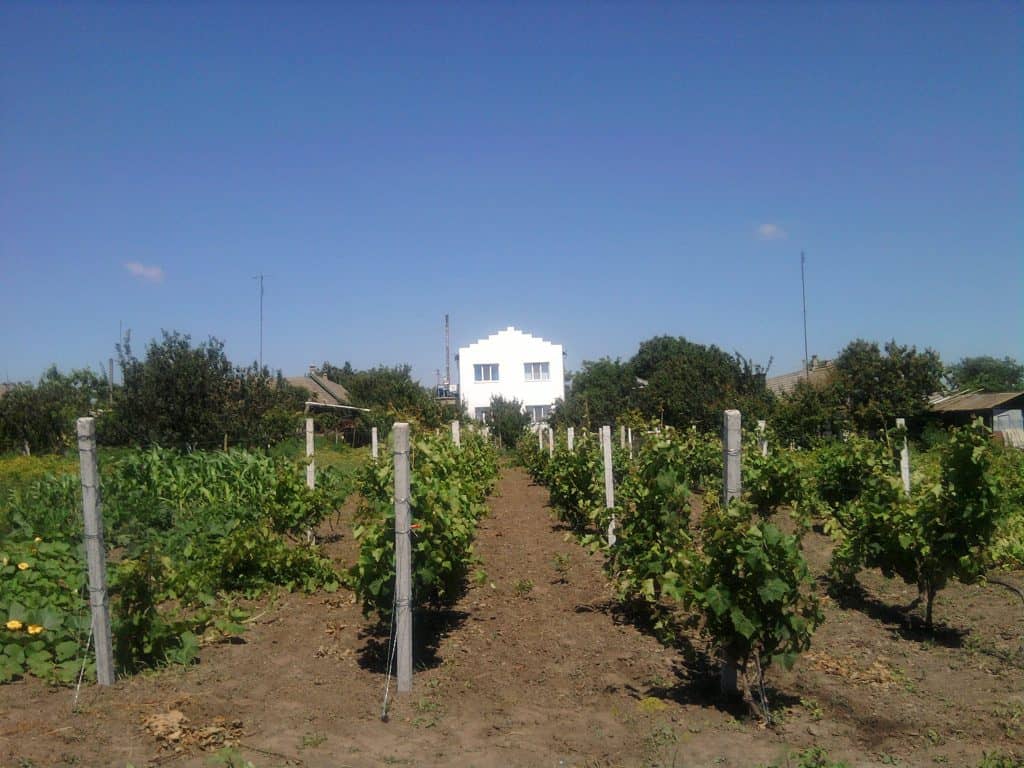
Ukraine has dominated the news for more than a year, and rightfully so. The war has been horrific in its scope and impact, and an utter tragedy for the Ukranian people. While the very informed may have known that Ukraine was a major agricultural center, few knew much about the thriving wine industry there.
Some of us have been following a series of articles entitled Letters from Kyiv on JancisRobinson.Com (for whom I write a regular column) that have been published since day one of the invasion by Olga Lapina, of the Senior Import Manager of Good Wine in Kyiv. These reports are harrowing reading and have given many a glimpse into the strong wine culture of Ukraine.
Like Turkey, Ukraine needs things that buying bottles of Ukranian Wine (if you were even able to find some) can’t possibly provide. For starters, it needs new winemakers and sommeliers, some of whom have tragically lost their lives in the conflict.
Sommelier Victoria Zamchenko, an employee of Good Wine, was killed in a drone attack on October 17, 2022. Last week, Good Wine announced the creation of the Victoria Fund in her honor, which will partially be supported by the sale of a Merlot named VICTORIA, which sadly is not available in the US.
There are a couple of Ukranian wines you could buy in the US if you so desired, such as the NV Villa Krim Piccolo, the Shabo Grand Reserve Cabernet, or the Chateau Chizay Dry Cabernet Sauvignon.
But honestly, the best folks to give money to right now for Ukraine’s benefit are the team at World Central Kitchen.
South Africa (Economics/Government)
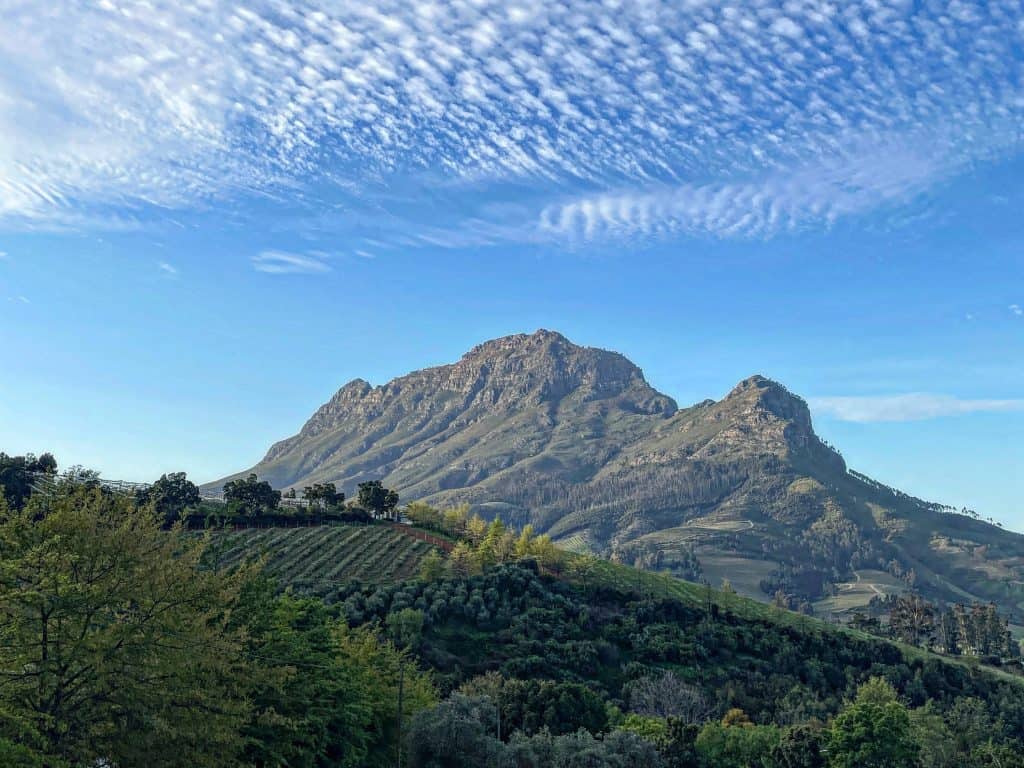
My trip to South Africa this past October positively electrified me. The wines have gotten so amazingly good in the 14 years since I was last in the country.
I chose my adjective carefully just now. Electrification. There’s the emotional meaning, and then the utterly practical how-you-run-your-grape-press meaning. And the latter is a serious problem right now in South Africa.
The locals call it “load shedding:” scheduled regional blackouts multiple times per day. Really though, it’s the symptoms of a political system gagging on its own corruption and incompetence. For decades the state-owned energy provider Eskom has been a cesspool of graft, theft, mismanagement, and underinvestment, to the point that it is simply unable to supply the country with reliable, consistent electricity.
This state of affairs adds insult to the dire injury already caused by the government when it decided not only to halt all sales of alcohol to the public during the pandemic but also all exports of alcohol abroad, effectively kneecapping the South African wine industry. These prohibitions have since been rescinded, but their effects linger.
To be honest, the South African wine industry doesn’t have it quite as bad as some. Some chicken farmers have watched their entire population of chickens die of asphyxiation when power cut out. And countless individual citizens dependent upon ventilators, insulin pumps, and more have died as a result of this electrification crisis. Now authorities are begging families to bury their dead within 4 days because the morgues can’t keep the bodies cold.
In short, South Africa is a country worth supporting, and you can easily support the wine industry and the country as a whole by buying some fantastic South African wines. It’s pretty hard to go wrong with any Chenin Blanc, Syrah, Pinot Noir, or Chardonnay over $20.
Lebanon (Economics/Government)
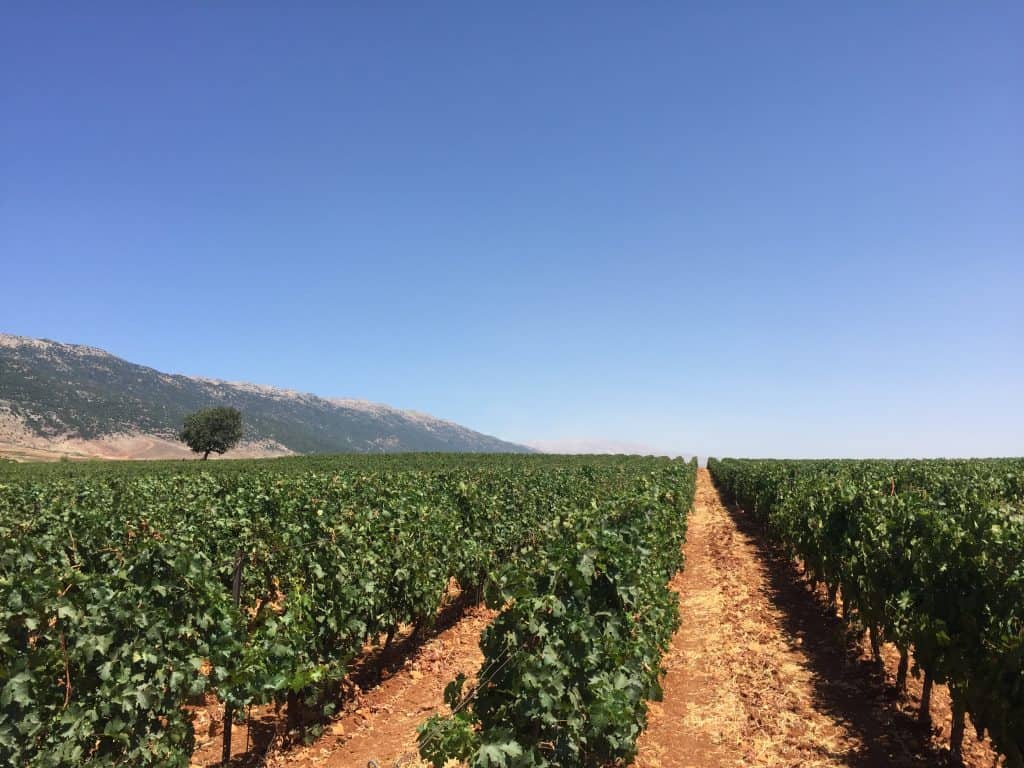
As long as we’re talking about problematic governments, we can’t forget Lebanon, which has been suffering under crippling inflation, dramatic loss of productivity, and a government that is as close to a modern-day kleptocracy as you can get.
The country’s gross domestic product has dropped by more than 50%, the currency has lost 95% of its value, and no matter how little the Lebanese Pound is worth, it hardly seems to matter because most financial institutions in the country have frozen access to funds, keeping even ordinary citizens from being able to access their nearly worthless savings.
The World Bank calls the situation one of the worst global financial crises since the 19th Century. Daily power cuts are common there, too, as are shortages of even the most basic medical and food supplies in some regions. Most people with any means have left the country, and as a result, there’s a critical shortage of doctors and other highly trained professionals.
The wine industry in Lebanon has a long and colorful history, and there are some truly fantastic wines made there, exemplified by one of the world’s greatest estates (and a personal favorite, Chateau Musar). But there are plenty of other producers worth paying attention to as well. In particular, this Mediterranean nation makes great rosé. The wines we good values even before this economic crisis.
Buy some Lebanese wine and do your part to help a nation tottering on the brink of insolvency, and support one of the world’s great wine traditions.